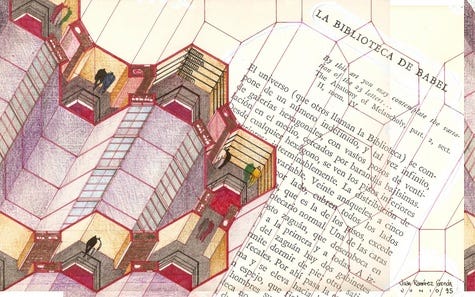When the Tide of AI-generated Texts Rises
Some dedicated themselves to the art of storytelling, honing the craft to create worlds and characters that would captivate their readers. But as technology advanced, so did the possibilities of AI. Today, it has become abundantly clear that this is gradually being dwarfed by the sheer scale of AI-generated texts.
Writers have always believed in the power of words to connect with readers, inspire change and foster emotional experiences. But with the increasing capabilities of AI, it is becoming increasingly difficult to maintain a voice and presence of one's own in a world awash with machine-generated content. In an age where readers have instant access to countless texts, whether generated by AI or not, it is a challenge to stand out from the crowd. ChatGPT, for example, can write articles, stories and poems with exceptional speed and precision, often indistinguishable from those of human authors.

While AI is revolutionising the literary world, it has also spawned a flood of new content that threatens to displace human creativity. The sheer volume of AI-generated texts poses a dilemma for both authors and readers. For writers, the competition has become overwhelming as it is now virtually impossible to stand out in a sea of machine-generated stories, poems and articles. For readers, the challenge is to recognise the authenticity and originality of the texts they consume.
The advent of AI-generated content has undoubtedly changed the landscape for writers. Like the Library of Babel, storytelling is being eclipsed by the inexhaustible output of AI systems like ChatGPT. However, the power of human connection can survive through storytelling, as readers will continue to seek out and appreciate the unique voices that still exist amidst the deluge of AI-generated content.
We writers will need to reflect on the ever-changing literary landscape and consider how we can adapt to and co-exist with the rise of AI-generated texts.
Perhaps a new kind of writing?

